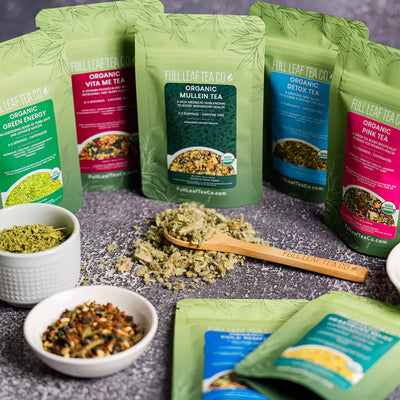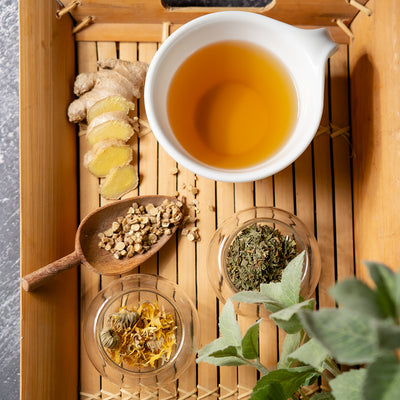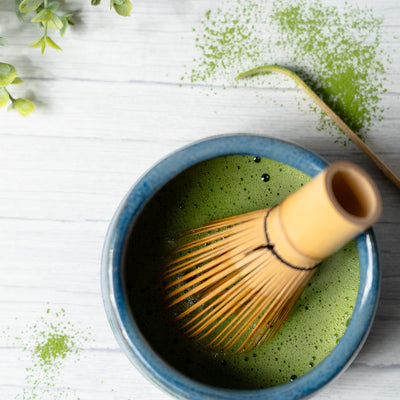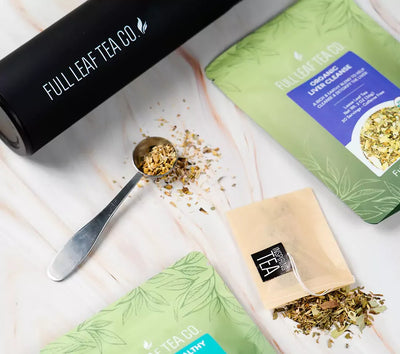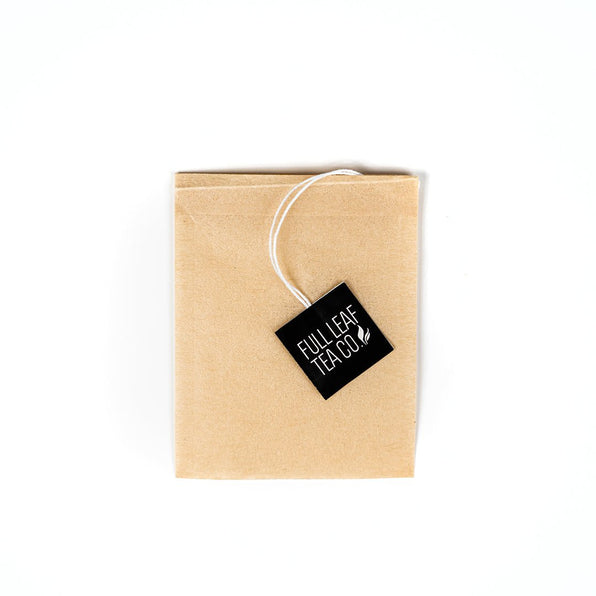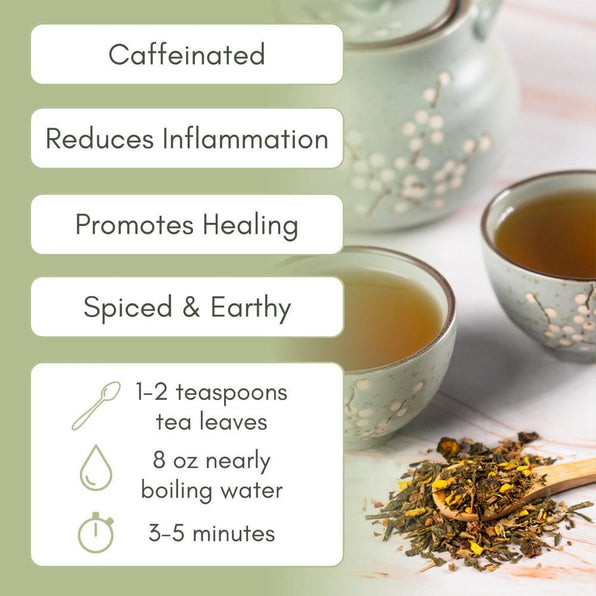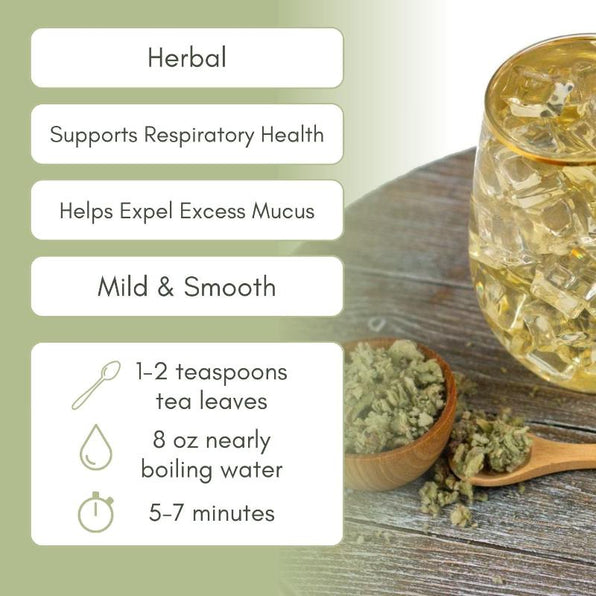What is Caffeine?
Caffeine is a natural stimulant found in various beverages and foods, known for its ability to provide a temporary energy boost and increase alertness. It is commonly found in coffee, tea, soft drinks, and even chocolate. When consumed, caffeine enters the bloodstream and travels to the brain, where it blocks the action of adenosine, a neurotransmitter responsible for promoting relaxation and sleepiness. This leads to heightened wakefulness and improved focus. While caffeine can have several benefits, including enhanced cognitive function and increased physical performance, it's important to consume it in moderation. Excessive caffeine intake can lead to side effects such as anxiety, insomnia, rapid heartbeat, and digestive issues. The optimal amount of caffeine varies from person to person, and it's advisable to monitor one's tolerance levels to make the most of its advantages while avoiding potential drawbacks.

The Caffeine in Coffee
Coffee is believed to have originated in East Africa, in what is now Ethiopia. According to legend, coffee was discovered by an Ethiopian goat herder named Kaldi in the 9th century. Kaldi's discovery eventually led to the cultivation of coffee plants and the preparation of coffee as a beverage. Coffee spread to the Arabian Peninsula, where it became an integral part of the culture. By the 15th century, coffee cultivation and trade had expanded to other parts of the Middle East and North Africa, including Yemen and Egypt. Coffee cultivation continued to spread, and coffeehouses became centers of culture, communication, and commerce. In the 17th century, coffee made its way to Europe, where coffeehouses became popular meeting places for intellectuals and businessmen. By the 18th century, coffee cultivation had expanded to various regions of the world, including the Caribbean, Central and South America, Southeast Asia, and beyond. Today, coffee is one of the most widely consumed beverages globally, and it plays a significant role in many cultures and economies around the world.
Coffee typically contains higher caffeine levels compared to other sources like tea or soft drinks, making it one of the most popular and potent caffeinated beverages worldwide. The exact caffeine content in coffee can vary widely based on factors such as the coffee bean variety, roast level, brewing method, and serving size. This variation allows coffee enthusiasts to choose brews that suit their preferences for caffeine intensity. While coffee provides a robust caffeine kick, it's essential to consume it in moderation to avoid potential side effects and to be mindful of individual tolerance levels.
The caffeine content in coffee is generally higher than that in tea. On average, an 8-ounce (240-milliliter) cup of brewed coffee contains approximately 95 milligrams of caffeine, but this can vary depending on factors such as the type of coffee bean, the brewing method, and the serving size.
The Caffeine in Tea
Caffeine in tea can have different effects on the body compared to coffee due to the presence of other compounds in tea leaves.
In tea, caffeine is naturally occurring and is part of a group of compounds known as "xanthines." While caffeine is the most well-known xanthine, tea leaves also contain theophylline and theobromine, which are chemically related to caffeine. These xanthines can influence the overall impact of caffeine in tea.

The combination of these xanthines in tea can result in a different caffeine experience compared to coffee. Many people describe the caffeine in tea as providing a more gradual and sustained energy boost without the abrupt spikes and crashes often associated with coffee consumption. Additionally, the presence of theophylline and theobromine can contribute to tea's potential health benefits, such as relaxation and improved respiratory function.
It's important to note that the caffeine content in tea can vary widely depending on factors like tea type, brewing time, and water temperature. As a result, different types of tea, such as black, green, white, and herbal teas, can contain different caffeine levels.
An 8-ounce (240-milliliter) cup of brewed tea contains significantly less caffeine, typically ranging from 30 to 70 milligrams, depending on the type of tea and its brewing time. For example, black tea tends to have more caffeine than green tea or herbal teas.
Tea's Beginnings!
Tea, the aromatic beverage enjoyed by millions worldwide, has its origins in ancient China. Legend has it that Emperor Shen Nong discovered tea around 2737 BCE when tea leaves accidentally blew into a pot of boiling water he was preparing. Fascinated by the aroma and taste, he sampled the infusion, leading to the creation of tea. Over time, tea culture developed and spread throughout China, with different regions cultivating distinct varieties of tea. Tea became integral to Chinese society and was associated with various rituals and traditions.
The spread of tea beyond China began during the Tang Dynasty (618-907 CE), when tea was introduced to Japan, Korea, and other neighboring countries. In the 8th century, Japanese Buddhist monks brought tea seeds from China to Japan, where tea culture evolved into the Japanese tea ceremony.
Tea eventually made its way to Europe and the Middle East through trade routes, with the famous Silk Road playing a crucial role. In the 17th century, tea became a popular beverage in England, leading to the tradition of afternoon tea.
Today, tea is grown in various countries, with China, India, Sri Lanka, Kenya, and Japan being among the major tea producers. Each region's unique climate, soil, and cultivation methods contribute to the diverse flavors and types of tea available today, from delicate green teas to robust black teas and herbal infusions.
Caffeinated Tea Vs Non-Caffeinated Tea
- Black Tea: Known for its bold and robust flavor, black tea is one of the most caffeinated tea types. Varieties like Assam, Darjeeling, and Ceylon are well-known for their rich, dark brews.
- Green Tea: Green tea is lighter in flavor compared to black tea but still contains a moderate amount of caffeine. It's known for its grassy and vegetal notes. Varieties like Sencha, Matcha, and Dragon Well are popular green teas.
- Oolong Tea: Oolong tea falls between black and green teas in terms of caffeine content. It offers a wide range of flavors, from floral and fruity to nutty and earthy. Examples include Tie Guan Yin and Da Hong Pao.
- White Tea: White tea is known for its delicate and subtle flavor. It contains less caffeine than black or green tea. Silver Needle and White Peony are well-regarded white tea varieties.
- Pu-erh Tea: Pu-erh tea, especially aged varieties, can contain a significant amount of caffeine. It has an earthy and sometimes smoky flavor. Sheng (raw) and Shou (ripe) Pu-erh are the two main categories.
- Yerba Mate: While not technically a true tea, yerba mate is a South American beverage that contains caffeine. It has an herbal, grassy taste and is commonly consumed in regions like Argentina and Uruguay.
- Guayusa: Like yerba mate, guayusa is not a traditional tea but is caffeine-rich. It originates from the Amazon rainforest and is known for its smooth and slightly sweet flavor.
- Black Blends: Many flavored and blended teas, such as Earl Grey (black tea with bergamot), English Breakfast, and Chai (black tea with spices), are based on black tea and contain caffeine.
- Green Blends: Green tea is often used as a base for blends with added herbs, fruits, or spices, resulting in unique caffeinated concoctions.
Remember that caffeine content can vary within each tea type based on factors like processing methods, steeping time, and water temperature. If you're looking for a specific caffeine level, it's a good idea to check the packaging or consult with a tea expert.
- Chamomile Tea: Made from dried chamomile flowers, this herbal tea is known for its mild, soothing flavor and calming properties. It's often consumed to promote relaxation and aid in sleep.
- Peppermint Tea: Peppermint leaves are used to make this invigorating herbal tea with a refreshing, minty flavor. It's excellent for soothing digestion and alleviating headaches.
- Lavender Tea: Lavender buds create a delicate and fragrant tea known for its calming and stress-relieving properties. It's often enjoyed before bedtime.
- Rooibos Tea: Rooibos, or red bush tea, is native to South Africa. It has a naturally sweet and earthy flavor and is rich in antioxidants. Rooibos is caffeine-free and known for its potential health benefits.
- Hibiscus Tea: Hibiscus petals produce a vibrant, ruby-red tea with a tart and tangy taste. It's high in vitamin C and is believed to have various health benefits, including supporting heart health.
- Ginger Tea: Made from fresh or dried ginger root, this tea has a spicy and warming flavor. It's often consumed to soothe nausea, improve digestion, and boost the immune system.
- Lemon Balm Tea: Lemon balm leaves create a citrusy, lemon-flavored tea with a mild and calming effect. It's often used to reduce anxiety and promote relaxation.
- Dandelion Root Tea: Dandelion root tea has a roasted, nutty flavor. It's known for its potential diuretic properties and is often enjoyed for its mild bitterness.
- Turmeric Tea: Turmeric root is used to make a golden-hued tea with a warm and slightly spicy flavor. It's celebrated for its potential anti-inflammatory and antioxidant properties.
- Fruit Infusions: These caffeine-free teas are made from dried fruits and berries, resulting in naturally sweet and fruity flavors. Popular options include berry blends, apple-cinnamon, and tropical fruit infusions.
Herbal teas offer a wide range of flavors and potential health benefits, making them a popular choice for those seeking caffeine-free alternatives to traditional tea. Non-caffeinated teas, also known as herbal teas or tisanes, are a diverse category of beverages made from a variety of plant materials other than the Camellia sinensis tea plant. These teas are caffeine-free and are often chosen for their unique flavors and potential health benefits.

